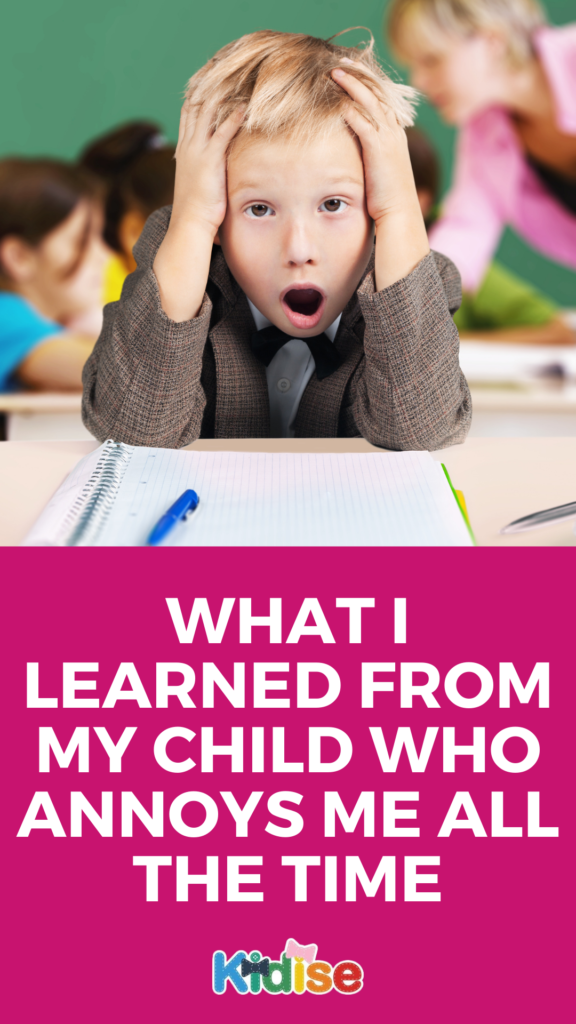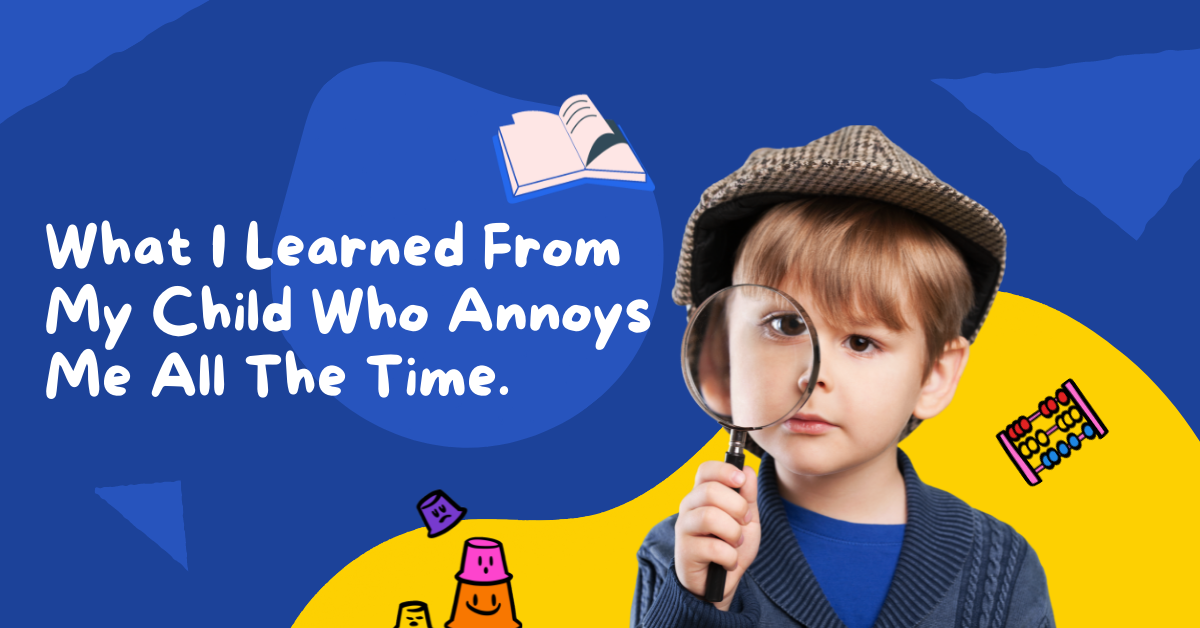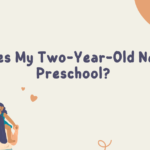I now live a parent’s life and understand that parenting is challenging. You’re doing your work, and your baby is troubling you by repeating the same sentences 10-15 times and later abruptly starts screaming. You get irritated with your baby’s conduct and scold him. He started crying, and now you regret scolding him for irritating you. The first and foremost thing is to stop feeling ashamed to express your natural emotion over annoyance. What you need to do is to find out why your child’s behavior is bothersome.
Children usually begin whinging and groaning once they are two years old, lasting up to their preschool period. Toddlers will irritate you to get as much attention as they can. This is your child’s natural way to depict their frustrations with an event or emotion. This is how they inform you that they aren’t happy with something you are working on or saying.
Why My Child Annoys Me All The Time?
Children aren’t as annoying as we perceive them. They are innocent and do the right things according to their age, but our adult brains find them irritating. Most children at an early age communicate their needs by whining. It’s because children usually think that their little voices cannot explain things to adults without expressing them in a whiny tone.
Love talking
Children love to talk and won’t shut up quickly. In the start, they gurgle and then speak complete, meaningful sentences. Next, they’ll brief you about their favorite toy, their new friend, and what they have eaten today. Also, they keep repeating things to get your response. These things can become annoying to parents if they are busy or do a task requiring full attention.
Attention
Children often yell to get attention from their caretakers, parents, or people around them. Sometimes they want a reaction, and it could be in the form of a snort, giggle, or sigh.
No Patience
Kids generally lack patience. If they want a toy to play with, they need it immediately. But, they didn’t wait for the things, and they expressed their feelings with a cry and scream.
Escape
Some children also use their irritating habits to step out of things they don’t want to do. For example, you asked him to clean his room, but suddenly he started screaming or troubling things. As a result, you got agitated and cleaned the room by yourself, and your baby escaped safely from the work he didn’t feel like doing.
How can I stop feeling annoyed by my child?
Children are innocent and do things that frustrate us. If you correlate their behavior with their age, you will understand that it is normal to behave this way, and you won’t find your child annoying all the time. On the other hand, it isn’t bad to cry to let their parent know what they need and what they don’t want.
If you discern that you need to address your toddler’s behavior, there are effective strategies to try.
Communicate with your child
You feel that your child is screaming over absurd things and finds them showing inappropriate behavior. What can we do first to communicate with them and address why they behave like this. Before that, ask yourself these questions- Are they hungry, tired, or thirsty? If you go a little deeper, you’ll find that it’s a typical reaction to a need that hasn’t been fulfilled.
Scold them gently
To make an error is in human nature. If your child is nagging and showing obnoxious behavior, scold them gently, tell them why they are wrong, and tell them gently to correct their behavior. However, please don’t be over harsh or scold them too often. Scolding makes children anxious and may make them ignore you. It may also worsen the behavior.
Show some patience
Once we understand the benefits of patience and choose to apply it, we won’t react with anger in most cases. We don’t magically find patience one day by tripping over it. Instead, we pick it up and use it. A lack of patience will harm your relationship with the child and set a bad example. Learning to let go of the frustration and mistakes will help you better understand and communicate with your baby.

Don’t respond
The more you reply to your child’s whining, the more he will reciprocate with the same behavior. They will realize that I can communicate with my parents in this way, and I will get an answer from my parents. They will feel, in a way, successful because they can get a response from you.
He will realize that when I whine, when I repeat those questions, or when I touch them in this particular way, I will get a response from my parents. So your child will feel that it’s an acceptable form of expression and behavior.
Distract them
It’s sometimes hard to get your child to control whining or whinging if distraught. You can try to distract them away from their whining in such situations. Make him busy with something engaging and rewarding activity.
Reward their good behavior
Encourage your child and give lots of admiration. Reward their good habits and respectful behavior. Compliment your child and provide additional attention when he does something correctly. Reward and appreciation will boost your child’s confidence, and he will try to repeat the same things to get your praise and attention.
Final Thoughts
Children must be taught proper behavior to live and work well in society. Understand why your child’s behavior appears annoying and how you can correct him. Your child’s age should guide your choice of ways to teach. This early age is challenging for both children and parents and demands more attention and self-discipline on the parent’s part. This is the time when your toddlers need you to listen, and you can build a good relationship with your baby.
Want a beautiful gift for your kids? CLICK HERE





GIPHY App Key not set. Please check settings